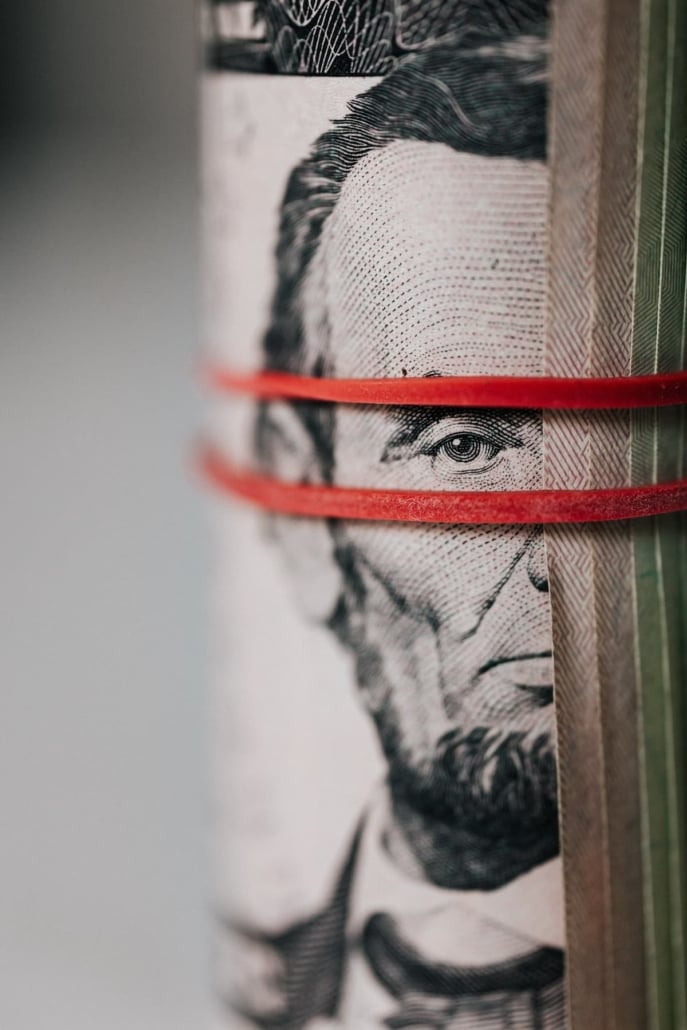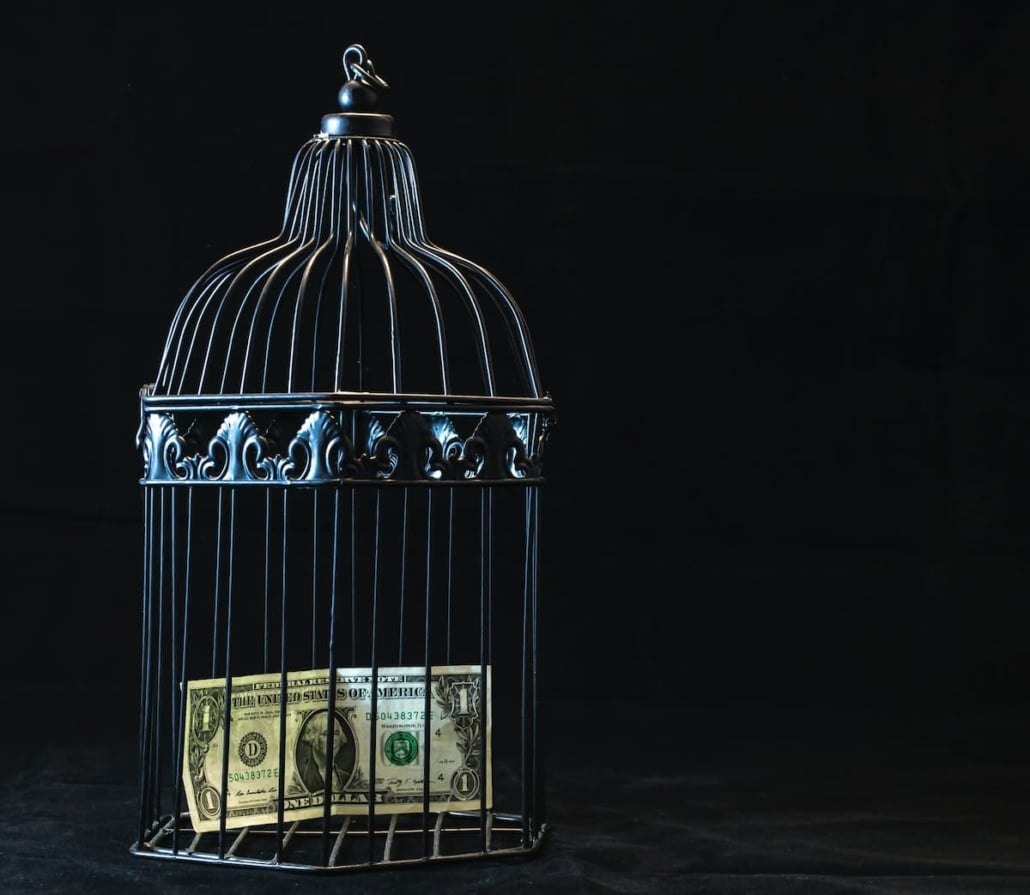All You Need To Know About The 90-Day Clawback Period
When you file for bankruptcy, the court issues an automatic stay. This means that creditors are no longer allowed to contact you or try to collect debts. The automatic stay is in place for the duration of your bankruptcy case.
However, there is one exception to the automatic stay: the 90-day clawback period. It is the time frame during which a bankruptcy trustee attempts to recoup cash from creditors.
Read on to find out more about how the 90-day clawback period works.
What is the clawback period?
This 90-day period begins on the date that you file for bankruptcy. During this time, the trustee has the right to demand payment from creditors. If a creditor does not comply with the trustee’s request, the trustee can take legal action to recover the money.
Section 547 of the Bankruptcy Code allows a trustee to sue creditors who were paid by the debtor before filing for bankruptcy. The aim is to regain any unlawful benefit that the creditor acquired.
Why does the clawback period exist?
The power to reclaim money that the debtor has previously given away improperly is known as “clawback.”
The beneficiary is liable for any excess or unauthorized payments made during the bankruptcy proceedings. This clawback allows the trustee to recoup assets that should have been part of the debtor’s bankruptcy estate but were eliminated or hidden from the trustee by fraudulent transfers or preferential transfers.
It’s not a question of whether the debtor committed a crime or that the debt was fraudulent. It’s about seeking fairness for both secured and unsecured creditors in the end.
A trustee may usually ask for the return of money paid by the debtor to third parties within 90 days of the bankruptcy filing.
What are preferences?
Preferential transfers (also referred to as preferences) happen when one individual’s debt is paid off ahead of time so that it benefits one creditor above others. This includes both a secured creditor, a family member, a business partner, or anyone else.
For example, if a debtor repays $1,000 owed to his credit card debt 60 days before filing for bankruptcy, it will be considered a preference, since the credit card debt got paid first. If a debtor repays $1,000 owed to his father 200 days before filing for bankruptcy, then it will be considered an insider preference. The Trustee can clawback up to one year to recover any insider preferences.
A court-appointed trustee or the other creditors in the case have the power to request that all payments made by the debtor to third parties 90 days before the case’s commencement be returned or “clawed back.”
Are most payments preferences?
The preference recipient’s bankruptcy law provides some protections.
A contemporaneous exchange is not a preference. So, if you pay for the food you ate at a restaurant and the goods and payment for those goods change hands at the same time, there is no preference.
How much money is considered a preference?
Payments totaling more than $600 in the 90 days before filing are avoidable by law. However, it is not worth pursuing creditors for $600.
The sum is undoubtedly more than $600, but each trustee has her guideline for when a preference can be recovered to provide a dividend to creditors.
What is the preference period?
The bankruptcy trustee does not have an infinite amount of time to work in. The 12 months leading up to the date you file bankruptcy for payments made to friends and relatives, known as “insiders,” is your “preference period.”
For other unsecured creditors, such as past-due utility payments or an unsecured credit card, the period for preference payment is even shorter.
The debtor’s bankruptcy estate
If a debtor decides to transfer the title of an asset before filing bankruptcy, the item may be reclaimed from the estate under the clawback provision.
In some instances, the bankruptcy trustee assigned to manage the debtor’s financial affairs can get these pre-bankruptcy belongings back from people or businesses who received them.
In bankruptcy, the clawback provision allows trustees to look at financial transactions made by the debtor before filing bankruptcy to see whether he or she transferred or gave away any assets in violation of the “look-back period.”
The trustee can reclaim these assets, or their value, for the debtor’s bankruptcy estate from any other creditors who received them.
Not all preferences are the same everywhere
Keep in mind that preferential payments are a bankruptcy-specific law. This means that the rules may vary from state to state. For example, according to California state law, a debtor has the right to choose and select among his creditors. In Michigan, Chapter 7 trustees can claw back up to 6 years on fraudulent real estate transfers.
It is advisable to seek the counsel of a bankruptcy attorney in your area to discuss your particular circumstances and the law as it applies in your jurisdiction. Establishing a safe attorney-client relationship can help you understand nuances in the bankruptcy code that are only known to a professional law firm.
How does the bankruptcy trustee recover preference payment?
The trustee has the authority to void or “clawback” certain payments made by the debtor in the 90 days before bankruptcy. This includes payments to friends, family, and businesses owned or controlled by the debtor within the last year. The trustee can also recover assets transferred by the debtor during this period.
When a transfer was made in return for anything that adds to or does not deplete the debtor’s assets, it will be avoided by a trustee.
The new value is something that can be given in exchange for a property. It can be cash or a release of a judicial lien. It doesn’t include the swap of an existing obligation for a new one.
Will a bankruptcy filing help my financial distress?
Bankruptcy may help you if you are struggling to pay your credit card company, car loans, or any antecedent debt. It can give you a fresh start by discharging some of your debt and reorganizing your remaining debt.
Although you can do a bankruptcy filing on your own, it can be extremely helpful to hire a bankruptcy lawyer or law firm to be by your side when going to bankruptcy court.
Attorneys evaluate your case, investigate your pre-bankruptcy payments, check your total debt owed, and help you see if you qualify for debt relief.
An attorney-client relationship keeps sensitive or confidential information safe and many debtors feel better than using any other self-help services when facing a complicated bankruptcy case.
Will the clawback period necessarily secure money for the debtor in bankruptcy?
If you’re considering filing for bankruptcy, it’s important to understand how the clawback provision works and how it may affect you.
In many circumstances, payments made within the 90-day preference period were not preferential, as recognized by most trustees.
Debtors may try to move property or cash to family members or “insiders,” intending to hide the assets “safe” until the bankruptcy case is over. The trustee may suspect a preferential payment and investigate the transfers.
If it is determined that this preferential transfer is a fraudulent conveyance, the trustee can void the transfer and get the property back for the benefit of the debtor’s creditors.
So beware of realizing any preferential or fraudulent transfers to save either your business or financial affairs when you pay creditors.
What can a creditor do not to lose money?
Typically, creditors must engage legal help to defend or settle preference claims, although various defenses may be used by creditors.
A lender who makes preferential payments has the right to file an unsecured proof of claim against the bankruptcy firm, but typically receives a minor portion of his or her money back.
In conclusion, the clawback can help the debtor in bankruptcy by getting assets back that were transferred during the 90 days before filing. The trustee may investigate and void any fraudulent conveyances. Creditors can use a variety of defenses to protect themselves from losing money, including the ordinary course of business defense or the new value defense.
































